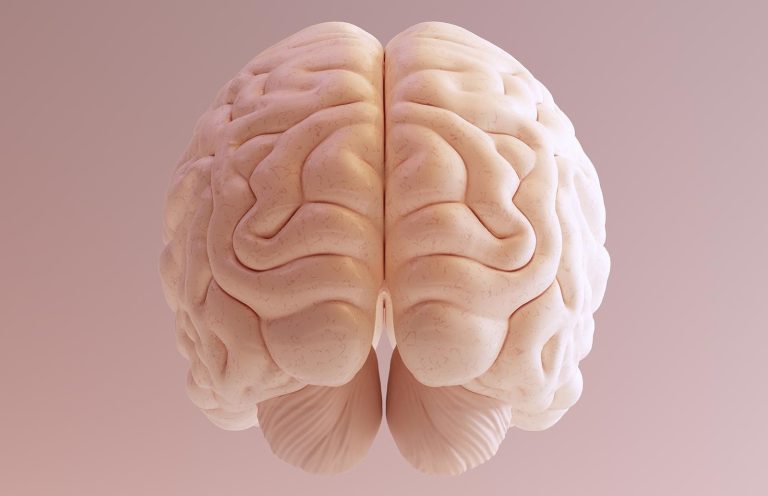It’s been a wild year for science. First, we managed to create new eye drops that let you see without glasses. Next, NASA found evidence of life’s building blocks on Mars. Now, researchers have managed to teach a bunch of brain cells in a dish how to play Pong. Not just that, the cyborg brain also learned how to play faster than AI.
Brain cells in a dish learned Pong quicker than AI
Artificial intelligence has come a long way in recent years. Whether you’re talking about the AI in video games or the AI that we rely on for our virtual assistants. All the capabilities of these programs are constantly improving. But, what if there was something that could learn faster than AI? Enter the “cyborg brain”.
The cyborg brain is essentially just a bunch of brain cells in a petri dish. It doesn’t sound nearly as enticing that way, but that’s the gist of it. The idea came to life as companies like Cortical Labs work to integrate biological neurons with more traditional silicon-based computers. Based in Australia, Cortical Labs has managed to create a cyborg brain that was able to learn Pong faster than AI has in the past.
It’s an interesting feat. According to the report in New Scientist, the brain cells are grown on microelectronic arrays. This allows the researchers to stimulate the cells. These hybrid chips can then learn and restructure themselves to fit any problem that they come up against. Recent tests have shown that these cells can learn to stop the ball from going into the goal in Pong in just five minutes. According to Cortical Labs, AIs usually take at least 90 minutes to learn the game.
How cyborg brains solve problems

According to Cortical Labs, the brain cells essentially believe they are part of the virtual world when playing Pong. Essentially, when played in the virtual world, the cells restructure themselves to become part of that world. So, when playing Pong, the cells believe that they are actually the paddle. This allowed for an unprecedented response time in learning how the game works.
It’s unclear exactly what other kinds of problems cyborg brains might be able to solve. If this is an indicator, though, we could see more in-depth research on the topic in the future. Of course, Cortical Labs did note that AI is still better when trained correctly, even if these cyborg brains are able to learn things a bit faster.








